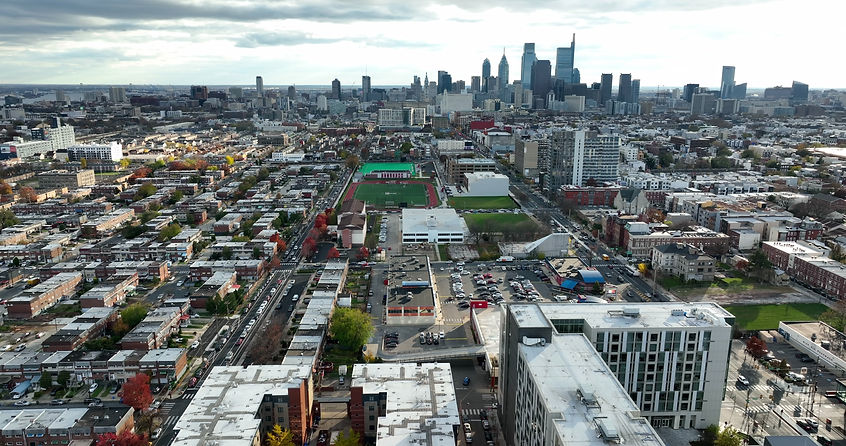


HARM REDUCTION
HARM REDUCTION
North Philly Project’s commitment to wellness in our community is the reason we will focus on Harm Reduction in 2023/2024. Addiction and drug use have historically played a major role in the unwellness of our community. We can no longer live with the expectation that someone else is responsible for addressing the issue. Addiction in predominantly Black and Brown communities are anchored in the same health disparities as other health issues. North Philly Project will endeavor to bring awareness, education, and informed conversation about Harm Reduction to North Philly!
Stay tuned for more information about this important initiative.
Harm reduction plays a significant role in preventing drug-related deaths and offering access to healthcare, social services, and treatment. These services decrease overdose fatalities, acute life-threatening infections related to unsterile drug injection, and chronic diseases such as HIV/HCV. Harm Reduction is also a movement for social justice built on a belief in, and respect for, the rights of people who find themselves in lifestyles of addiction. Contrary to critics of Harm Reduction, the recovery approach address usage along with the conditions of use.
Community and individual-specific needs require policies and interventions designed to support people in addiction are shaped with this understanding. Implementation of Harm Reduction strategies are not universally defined or formatted in a “one size fits all” way. The National Harm Reduction Coalition considers the following principles central to Harm Reduction practice:
-
Accepts, for better or worse, that illicit and illicit drug use is part of our world and chooses to work to minimize its harmful effects rather than simply ignore or condemn them
-
Understands drug use as complex, multi-faceted phenomenon that encompasses a continuum of behaviors from severe use to total abstinence and acknowledges that some ways of using drugs are clearly safer than others.
-
Establishes quality of individual and community life and well-being…not necessarily cessation of all drug use…as the criteria for successful interventions and policies.
-
Calls for non-judgmental, non-coercive provision of services and resources to people who use drugs and the communities in which they live in order to assist them in reducing attendant harm.
-
Ensures that people who use drugs and those with a history of drug use routinely have a real voice in creation of programs and policies designed to serve them.
-
Affirms- people who use drugs themselves as the primary agents of reducing the harms of their drug use and seeks to empower users to share information and support each other in strategies which meet their actual conditions use.
-
Recognizes that the realities of poverty, class, racism, social isolation, past trauma, sex-based discrimination, and other social inequalities, affect people’s vulnerability to and capacity for effectively dealing with drug related harm.
-
Does not attempt to minimize or ignore the real and tragic harm and danger that can associated with illicit drug use.